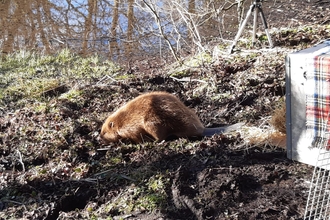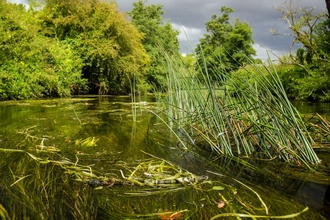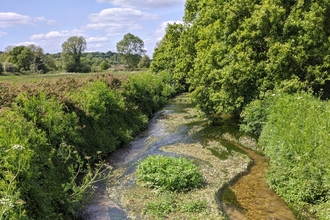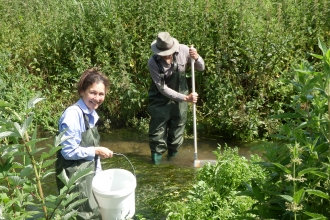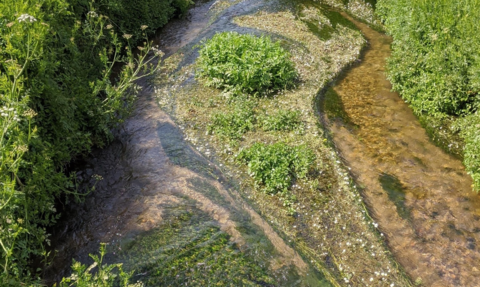
Dorset Wildlife Trust / Chalk stream
Dorset's rivers and catchments
Dorset's streams, rivers and wetlands are home to incredible wildlife, but these important habitats are under enormous pressure
We're lucky to have so many stunning wildlife rich rivers and streams flowing through the heart of the county . These much loved places are home to scurrying water voles, elusive otters, darting damselflies and since 2021, even beavers. Dorset's rivers including the globally rare chalk streams support an extraordinary array of wildlife, including a huge range of aquatic insects. River valleys contain highly important wetlands, including wet woodlands and flower-rich meadows, home to wildfowl and wading birds. Our work to protect and restore river habitats ranges from working with farmers and landowners to protect and restore rivers and their banks to help wildlife to training water guardians to monitor their local stretch of river to spot the first signs of pollution.
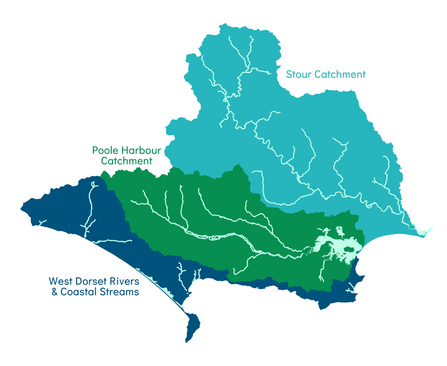
Dorset Catchment Partnerships
Dorset Wildlife Trust co-hosts the Dorset Catchment Partnerships alongside Wessex Water. The partnership organisations share the vision of Dorset’s river catchments being sustainably healthy, resilient and safe for people and wildlife. Core work covers three management catchments which drain towards the south coast: the Dorset Stour, Poole Harbour catchment and West Dorset Rivers and Coastal Streams.
Because water is best managed on a catchment basis, parts of Dorset fall within other catchment partnerships - the Hampshire Avon, East Devon and Somerset.

